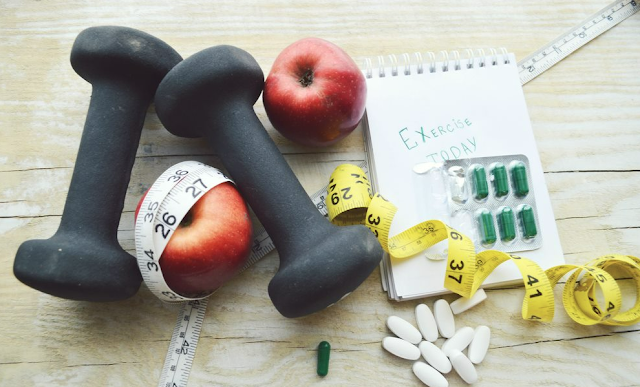The Risks of Crash Diets
The Risks of Crash Diets
Fad diets seem to be omnipresent these days. They usually get the job done, but at what expense? Is there a more sensible alternative that gets the job done?
You're going to lunch with a pal. Her appearance is stunning. She's wearing a sleek black outfit that makes you a little envious now that you know she's lost the weight she's been carrying around since college. She claims to have been on the Atkins diet when asked. She then begins to describe how she devoured several slices of bacon for breakfast and a handful of pork rinds for a midmorning snack before placing an order for a double cheeseburger, causing you to gasp in disbelief. Does this diet make any sense at all?
"Will you actually be chowing down on that?" The enormousness of the two hamburger patties stuns you. She swiftly removes the bun from her burger and sets it to one side of the plate.
She replies with a witty, "Sure." "I can eat all the meat I want, cooked however I want."
Given the prevalence of diet fads, it is essential to do some research before committing to any one plan. What do you think about this diet? It's true that your pal has a great physique, but can it be good for him to subsist on a daily pound of bacon and greasy burger meat? This eating plan doesn't seem like a good idea. People on the Atkins diet often report feeling tired and sometimes experiencing high blood pressure, despite the fact that their body needs carbohydrates for energy.
Diets low in fat have the same effect. Limiting your fat intake may help you lose weight quickly, but it's not a healthy diet. The fats in food are necessary for your body. These low-fat options typically have more sugar added to them to improve the flavor.
There are currently far too many diet trends to name them all. Most of them include stocking up on a particular type of food while depriving oneself of other foods. Diets like the Atkins diet prohibit you from eating any carbohydrates. The truth is that you are not being told that this diet is unhealthy. When you go long periods without eating any carbohydrates, your body goes into a state of "carbohydrate starvation" and stores the carbohydrates you eat as fat. When your body last had this form of fuel, it had no idea when it would receive it again.
A balanced diet, as recommended by most doctors, includes foods from a wide range of categories. That includes carbs and other food groups, but only in moderation.
The simple truth is that reducing calorie intake is the key to losing weight. Many people see that this is the healthiest option, yet they still choose the quick fixes of less healthy diets.
Dietary smarts may be something you've experimented with. You've chosen healthy foods and made an exercise schedule, yet you still feel awful. You're not losing weight very quickly, and you probably just need to eat. That's why you ate a whole Domino's pizza last night, and it's also why you probably had seconds when they served the mashed potatoes. If only it weren't so difficult to maintain a healthy diet without giving in to cravings.
Here's some good news: You actually can. You're undoubtedly savvy enough to realize the risks associated with diet pills, so I won't even bring it up. What I'm referring to is a vegetable, an all-natural cactus-like plant that is revolutionizing the way people view diets. The Today program and 60 Minutes both aired specials on this topic, but if you didn't see them, allow me to fill you in. The Hoodia Gordonii plant originates in the arid regions of South Africa. Over the course of ages, bushmen relied on it as a means of preventing starvation. To help you lose weight, it uses a psychological trick to make you feel full after eating fewer than the actual 1,800 to 2,000 calories you would normally consume each day.
Keep in mind that a sensible diet is one that restricts calories rather than one that recommends complete food elimination. Hoodia Gordonii might provide you the push you need to stick to a healthy eating plan. It’s easy when you’re not hungry. The best part is that it's not a drug. Being a vegetable automatically makes it safe and healthful to consume. Put an end to stupid diets and try this instead:


Post a Comment for "The Risks of Crash Diets"